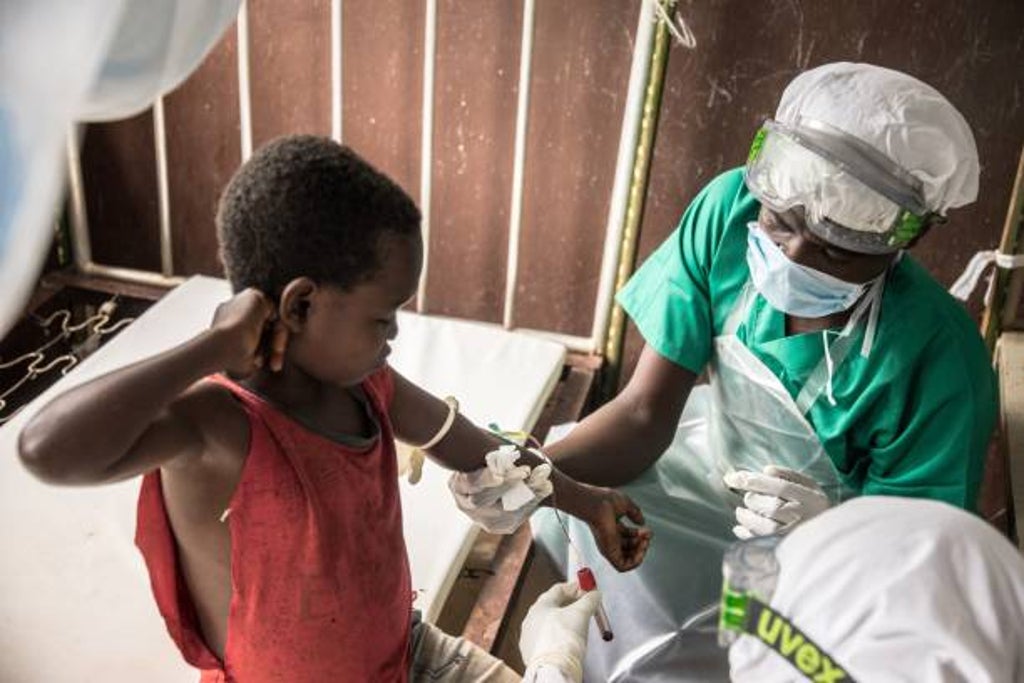
Australia has detected its first monkeypox infection and officials are monitoring a second suspected case, as the country joined a growing list reporting outbreaks of the disease.
Health authorities in the country’s southeast Victoria state confirmed the infection on Friday in a 30-year-old man who reached Melbourne from Britain.
Another infection of monkeypox is “very likely” to be confirmed soon in New South Wales where testing is currently underway, NSW health minister Brad Hazzard said.
The patient from Victoria will be given a smallpox vaccine, which can prevent an infection if it is taken within four days of a potential exposure.
The suspected case is of a 40-year-old man in Sydney with a travel history to Europe, where at least eight countries have reported monkeypox cases.
The first cases in the country have prompted authorities to conduct contract tracing of the person who returned from Britain.
Victorian health authorities are contacting the people who were on the same flights as the two men and are being asked to immediately isolate if symptoms develop.
The virus, which is similar to smallpox, has found its way into the country after cases were reported in the UK, Portugal, Italy, France, Sweden, Spain, Germany, the US and Canada, sparking fears of a global spread.
Germany became the latest European country to detect its first case in a patient with characteristic skin lesions, its health agency said.
Australia’s health officials said both men developed mild illness after coming back to the country with symptoms clinically compatible with monkeypox.
“Just to reassure the community, it is not the same spread mechanism as Covid or flu, where it is more fleeting,” New South Wales state chief health officer Kerry Chant told reporters.
Monkeypox is endemic in parts of west and central Africa and is said to be milder in humans than smallpox. Its first case was recorded in the Democratic Republic of Congo in the 1970s.
Mr Hazzard urged residents to remain “on alert” for symptoms of the illness if they’re travelling. “It’s not cause for major concern in the community.”
Reassuring residents that the virus does not spread easily, Victoria’s chief health officer Brett Sutton explained that the symptoms are resolved within two to three weeks.
He said transmission of the virus required “direct skin-to-skin contact through broken skin, fluid or pus in lesions, or prolonged face-to-face contact via respiratory transmission”.
The disease also spreads through unprotected sexual contact, with health officials in some countries saying cases were predominantly being found in gay and bisexual individuals.
Ms Chant urged people to remain on watch for symptoms.
“We are urging men who are gay, bisexual or men who have sex with men to be aware of any unusual rashes or lesions,” she said.
“Be particularly vigilant if you have returned from overseas from large parties or [had] sex on premises or venues overseas.”
In the UK, at least nine cases have been detected after the first case was discovered on 7 May in a person with a travel history to Nigeria.
Spain has seven cases, while 23 others are suspected and Portugal has confirmed five infections.
Sweden, France, Belgium and Germany reported one case each so far. Italy has three confirmed cases so far.
There is no cure for the virus. Symptoms typically start to appear between five and 21 days after exposure, while most people recover from the illness within a matter of weeks.







